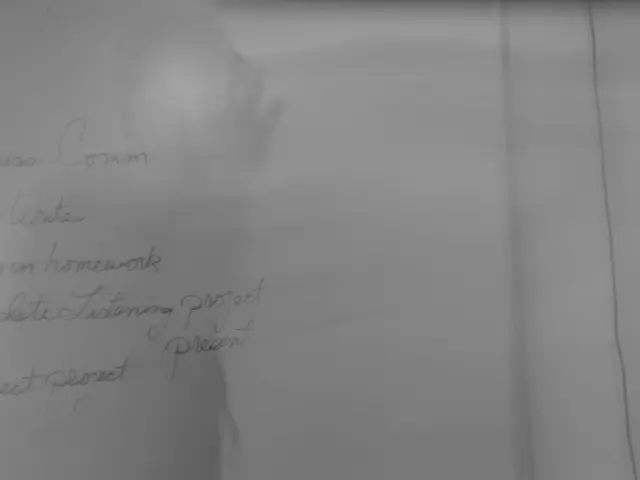TikTok in Hot Water: EU Slams Platform for Advertising Transparency Failures
TikTok violates EU regulations on advertising practices
In a scathing critique, the EU Commission has called out TikTok for skirting European advertising rules. Unlike what the law demands, TikTok has yet to establish a detailed, comprehensive database detailing ads on the platform, as announced by the Commission on a foggy Thursday. The data provided by TikTok falls significantly short of the mark.
The platform remains tight-lipped about who is the target for personalized ads or the entities financing them. The search functionality in the ad archive it offers leaves much to be desired, rendering it virtually useless, the Commission noted.
Digital Comissioner Henna Virkkunen lambasted, "Citizens deserve to know who stands behind the messages they see."
A thorough database is crucial, the Commission emphasized, with comprehensive information aiding sleuthing of fraudulent or deceptive ads and the dissemination of misinformation, particularly during elections.
Last year, the EU Commission launched an investigation into TikTok in connection with the Romanian presidential elections' first round, alleging the platform didn't identify videos from former far-right candidate Calin Georgescu as political advertisements.
According to the EU's Digital Services Act (DSA), large online platforms like TikTok must maintain a transparent, open, all-encompassing, and machine-readable advertising repository. This portal is meant to facilitate thorough analysis of ad content, identification of targeted campaigns (including those geared towards political influence or vulnerable groups), and assessment of potential risks such as manipulative advertising or disinformation. TikTok's current repository lags in transparency, making it impossible to scrutinize advertising risks and targeting systems on the platform effectively.
This opacity thwarts the objectives of the DSA, which aims to safeguard the digital public sphere, particularly in contexts such as elections or hybrid threats, by enabling oversight and accountability of online advertising activities. The European Commission’s findings stem from a thorough investigation involving internal document reviews, trials of TikTok's advertising tools, and expert consultations. TikTok has been notified of these preliminary findings and will have an opportunity to respond in writing before a final decision is made. If the violations are confirmed, TikTok could face fines totaling up to 6% of its global annual revenue.
TikTok has stated it is examining the Commission's findings and remains steadfast in its commitment to complying with the DSA but takes issue with some of the Commission’s interpretations, suggesting that guidance has been conveyed through preliminary findings rather than clear public guidelines[1][3][4][5].
- The EU Commission accuses TikTok of failing to implement the detailed, comprehensive community and employment policies required by the Digital Services Act (DSA) to establish a transparent, open, all-encompassing advertising repository, which includes technology-related procedures for analyzing ad content and identifying targeted campaigns.
- In the political landscape, TikTok's opacity regarding who funds personalized ads and targets vulnerable groups undermines the goals set by the DSA, aimed at safeguarding the digital public sphere during high-risk periods such as elections or hybrid threats, by ensuring oversight and accountability of online advertising activities.








